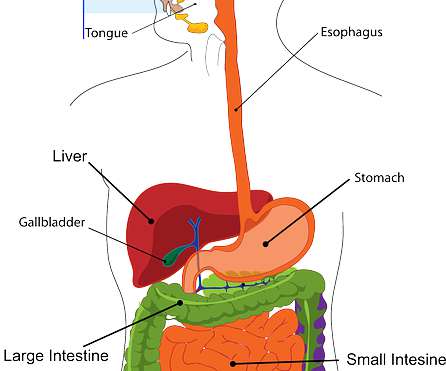Women in Science Who Have Paved the Way Forward in Genetics
XTalks
FEBRUARY 11, 2021
The Human Genome Project recently marked 20 years since the publication of the first full sets of human genomic sequences, an endeavor that spanned well over a decade. Today, new next-generation sequencing technologies allow for the sequencing of complex genomes within just a day or two.













Let's personalize your content